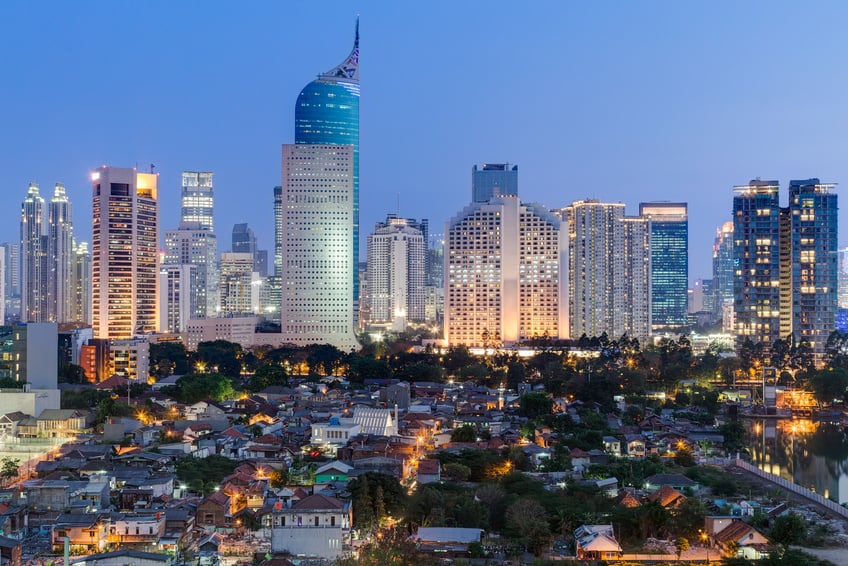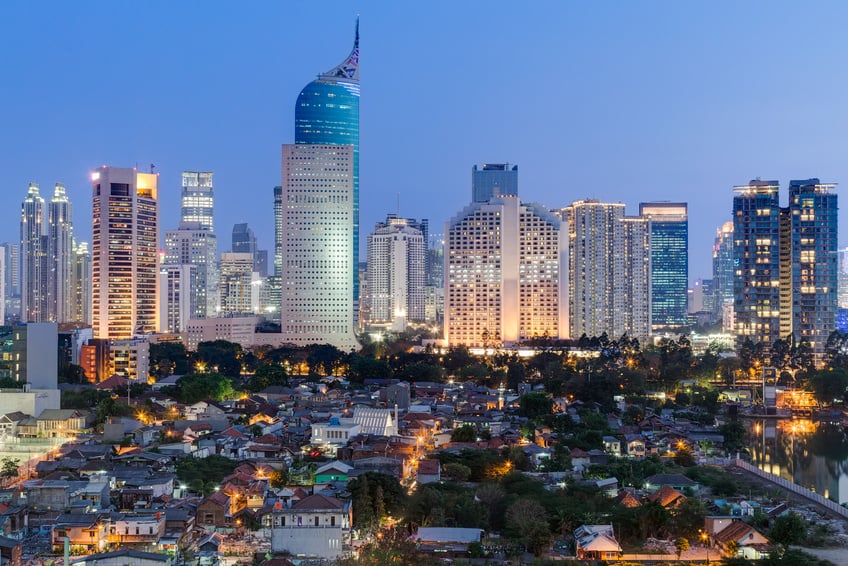Law Number 4 of 2023 on the Development and Strengthening of the Financial Sector has placed OJK in a more central position to investigate crimes in the financial services sector. As an implementing rule, OJK has issued Regulation Number 16 of 2023 on Investigation of Crimes in the Financial Services Sector which covers, among other things, the general scope of crimes in financial services sector, members of authorized teams of investigators, the investigative authorities and powers, and available alternative settlement mechanics.
On 2 August 2023, the Financial Services Authority or Otoritas Jasa Keuangan (OJK) issued its Rule No. 14 of 2023 on Carbon Trading on Carbon Exchange (“OJK Rule 14/2023”). OJK Rule 14/2023 is issued as one of the implementing regulations of Law No. 4/2023 on Development and Strengthening of the Financial Sector.
OJK Rule 14/2023 sets out the standard criteria for carbon units that will be traded on a carbon exchange, as well as the licensing requirements for any company that will apply to become a carbon exchange.
On 12 January 2023, the Government of Indonesia enacted Law No. 4/2023 on Development and Strengthening of the Financial Sector (Pengembangan dan Penguatan Sektor Keuangan). This law amended several laws, including capital markets law, which was regulated under Law No. 8/1995 on Capital Markets.
In this alert, we highlight some changes relating to post-IPO obligations (i.e., share ownership reporting, disclosure of material information and insider trading).
Under Law No. 11 of 2020 on Job Creation (Omnibus Law), which came into force on 2 November 2020, the government is mandated to promptly issue implementing regulations of the Omnibus Law. To have Indonesia’s sovereign wealth fund (Lembaga Pengelola Investasi or LPI) up and running, the government has issued two government regulations on LPI. The first one1 is on state participation in LPI’s capital, and the other one regulates governance and operational matters of LPI.2
With the required government regulations already in place, LPI, which may also use the name “Indonesia Investment Authority” or INA, is expected to commence its activities within Q1 2021.
To see our previous client alert on LPI, please click here.
In a previous Client Alert (see here), we discussed a rule issued by the Financial Services Authority (Otoritas Jasa Keuangan – OJK) back in 2017 that requires all financial institutions and public and listed companies to prepare a sustainability report and submit it to OJK within a stipulated period. This obligation is set out under Rule No. 51/POJK.03/2017 on Implementation of Financial Sustainability for Financial Services Providers, Issuers and Public Companies (“OJK Rule 51”).
However, towards the end of 2020, OJK (i.e., the capital market division) issued a letter to all listed companies (“OJK Letter”), which effectively extends the deadline for certain types of listed companies to submit their sustainability report. This move is in response to a plea from the Indonesian Issuers Association for an extension and also in response to the ongoing COVID-19 pandemic crisis in Indonesia.
Over the past year or so, the regulatory regime for merger control in Indonesia has seen significant changes. In October 2019, the Indonesian Business Competition Supervisory Commission (“KPPU”) issued a new rule on assessments of M&A transactions (“2019 Rule”), which was further clarified by the guidelines issued in October 2020 (“2020 Merger Guide”).
We discussed these issues in the webinar on “Navigating Merger Control Rules in Cross-Border M&A Transactions” broadcasted on 17 December 2020.
In brief On 5 October 2020, the Parliament approved the job creation law (RUU Cipta Kerja, commonly known as the “Omnibus Law”). As an effort to foster more investment opportunities from offshore investors into Indonesia, especially from other sovereign and private funds, the central government will establish an Indonesian sovereign…
On 5 October 2020, the Parliament approved the job creation law (RUU Cipta Kerja, commonly known as the “Omnibus Law”). As an effort to foster more investment opportunities from offshore investors into Indonesia, especially from other sovereign and private funds, the central government will establish an Indonesian sovereign wealth fund (“SWF”) under the Omnibus Law.
Indonesia’s SWF will be officially named “Lembaga Pengelola Investasi” (“LPI”) but has been widely introduced as the “Indonesia Investment Authority”. This institution should not to be confused with the existing Indonesia Investment Coordinating Board (BKPM), which is a regulator overseeing domestic and foreign capital investment in Indonesia.
In 2017, the Financial Services Authority (Otoritas Jasa Keuangan – “OJK”) introduced a requirement for certain entities to implement sustainable finance, by issuing Rule No. 51/POJK.03/2017 on Implementation of Financial Sustainability for Financial Services Providers, Issuers and Public Companies (“OJK Rule 51”).
In 2017, the Financial Services Authority (Otoritas Jasa Keuangan – “OJK”) introduced a requirement for certain entities to implement sustainable finance, by issuing Rule No. 51/POJK.03/2017 on Implementation of Financial Sustainability for Financial Services Providers, Issuers and Public Companies (“OJK Rule 51”).





